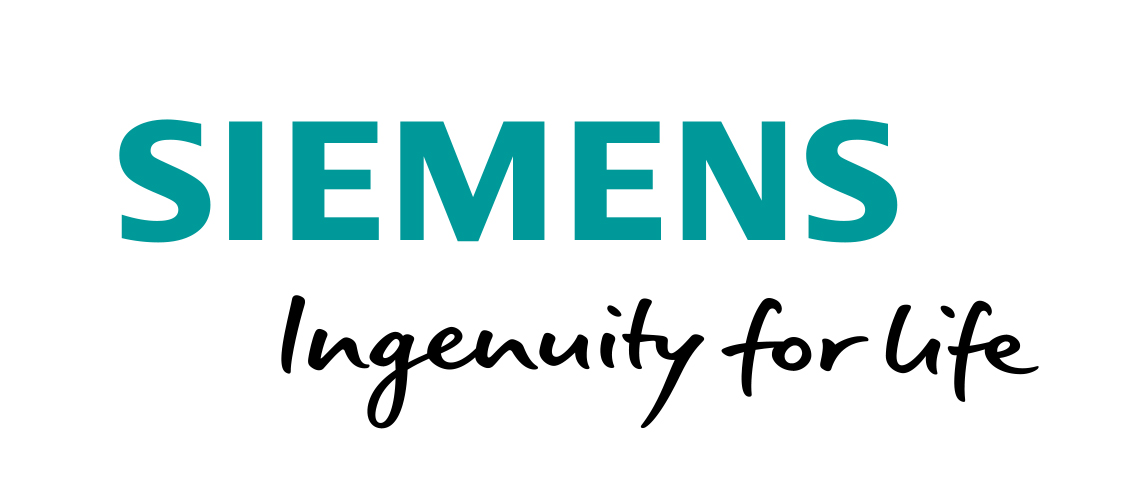For more information on this webinar or to download the speaker presentation slides, please click here.
FDA acknowledges the benefits to public health provided by modeling and simulation, such as those in the developing area of in silico clinical trials; in other words, the use of individualized computer simulation in the development and/or regulatory evaluation of medical products, medical device, or medical interventions (Avicenna Roadmap-2016). FDA advocates for their use as one of many research and product development tools because modeling and simulation play a critical role in organizing diverse data sets, exploring alternate study design strategies, identifying subpopulations for therapy, and in some cases, predicting performance, so that safe and effective new therapeutics can advance more efficiently, from preclinical studies through clinical trials to market.
FDA routinely advises industry on the use of modeling and simulation to predict clinical outcomes, inform clinical trial designs, support evidence of effectiveness, optimize dosing, identify the most relevant patients to study, predict product safety, and evaluate potential adverse event mechanisms. In some cases, in silico clinical trials are used to replace human clinical trials, especially those that are intended to evaluate the risk of drug interactions, or where information from a computer-based model can better inform the performance of a medical device as compared to data collection in a human clinical trial. FDA intends to continue advancing these methodologies and techniques from both a science and regulatory perspective to best take advantage of the benefits for continued product innovation and more rapid introduction of life-saving technology to US patients. This presentation will provide an overview of those methodologies and highlight the possibility for in silico clinical trials to be used for evaluating medical products.
Speakers

Tina M. Morrison, Ph.D., Deputy Director, Division of Applied Mechanics, Center for Devices and Radiological Health, U.S. Food and Drug Administration
Tina Morrison is the chair of the new FDA-wide working group on Modeling and Simulation, sponsored by the Office of the Chief Scientist, which launched in 2017. She has been serving as the Regulatory Advisor of Computational Modeling for the Center for Devices and Radiological Health (CDRH) since 2012. In that capacity, she leads the Regulatory Review of Computational Modeling working group, which has developed guidance documents on the use of modeling and simulation in the regulatory evaluation of medical devices [1].
She dedicates much of her energy towards advancing regulatory science through modeling and simulation because she believes the future of medical device design and evaluation, and thus enhanced patient care, lies with computation and enhanced visualization [2]. She serves as Chair of the ASME V&V Standards Committee on Verification and Validation of Computational Modeling, and the Subcommittee V&V40 on Computational Modeling of Medical Devices, where she is leading the development of a strategy to assess the credibility of computational models [3]. She is also working with a team at CDRH to implement this strategy into the review of premarket submissions that leverage computational modeling [4].
For seven years, she was a scientific reviewer on a variety of medical device premarket submissions in Cardiovascular Devices. She is the Deputy Director of the Division of Applied Mechanics in FDA’s Office of Science and Engineering Laboratories. She is a mechanical engineer who received her PhD in Theoretical and Applied Mechanics from Cornell University in 2006.

Tom Phillips, Ph.D., Director, Simulation Portfolio Development, Siemens PLM
Tom Phillips is currently employed at Siemens PLM in the role of Director of Simulation Portfolio Development for Growth Industries in North America. Tom received his Ph.D. in Mechanical Engineering from the University of Tennessee and has more than 25 years of experience relating to engineering simulation. In his current role, Tom helps Siemens PLM customers implement simulation into their engineering process to facilitate innovation, improve engineering efficiency and enhance product performance.
Who Should Attend?
- Engineers
- Designers
- R&D Technical Staff
- Engineering Management (Manager to VP level)
- Design Management (Manager to VP level)
- R&D Management (Manager to VP level)
- Clinical Trial Responsible Persons
Xtalks Partner
Siemens PLM
Siemens PLM Software offers solutions for leading companies in the medical device and pharmaceutical industries that recognize the need for a product lifecycle management (PLM) platform to answer product development challenges. Our proven, flexible solutions help speed up innovation in pharmaceutical and medical device development, ensure quality, reduce costs and maintain adherence to ever-changing global regulations, including FDA compliance.
You Must Login To Register for this Free Webinar
Already have an account? LOGIN HERE. If you don’t have an account you need to create a free account.
Create Account


